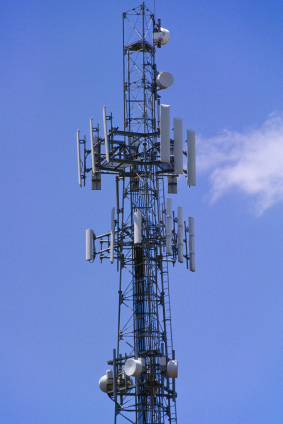Indispensable fundamentals
June 16th, 2023

Telecommunications is a rapidly evolving field, with new technologies and techniques emerging regularly. When looking to join such a dynamic industry, it is important to understand the fundamental theories that drive the services and networks that telecoms professionals work with.
When issues arise in telecommunication systems, having a strong grasp of fundamental theories allows engineers to identify the root causes and devise effective solutions. Having a deep understanding of telecommunication theories equips individuals with the necessary tools to troubleshoot and resolve complex issues.
PTT has for over 3 decades trained generations of telecoms engineers in the fundamental aspects of telecommunications theory. From supporting a large number of apprentices in the latest apprenticeship standards to providing custom qualifications designed for new entrants, PTT has been at the forefront in equipping telecoms engineers with the essential knowledge they require.
Once the fundamentals are grasped, engineers can then study more advanced courses covering the latest technologies. This ensures that telecoms professionals have all the information they need to progress in their careers and work on complex issues within the most modern of networks.
Comments Off on Indispensable fundamentals
Bridging the digital divide
June 2nd, 2023

The ITU recently announced a fundraising effort to raise $100 billion by 2026 to fund solutions to the lack of affordable Internet access in the least developed countries (LDCs). The Internet Society has noted that nearly three billion people are being left behind as they are living without access to the Internet. Of the world’s 46 LDCs, the Internet is considered to be affordable in just two of them. Yet access to the Internet is considered critical to the sustainable development of LDCs.
One solution to the digital divide could be broadband provision to homes and businesses using low earth orbit (LEO) satellites. Many mobile network operators are also entering into partnerships with LEO operators to provide 5G satellite to mobile phone services in hard-to-reach areas.
An alternative to non-terrestrial networks is fixed wireless access (FWA) using 4G (LTE) or 5G technology. However, currently, 5G FWA services are mainly limited to more prosperous areas such as the USA and Europe. In a recent survey, a 5G FWA service in Norway was found to provide the highest download speeds in Europe with speeds of over one gigabit per second. So, ironically, such new technologies are currently further increasing the gap between developed and least developed economies.
Apart from the infrastructure necessary for broadband and mobile provision, training those who will build and maintain those networks is also important. PTT offers a range of online courses covering LEO and 4G/5G FWA and mobile services.
Comments Off on Bridging the digital divide
Updated Introduction to mobile systems course
May 17th, 2023

In just a couple of decades, mobile devices have become essential tools that most of us cannot live without. It is hard to imagine a life without having a device in your pocket that gives instant access to information, productivity tools and social interaction.
From the basic voice communications afforded by 1st and 2nd generation systems through to the increasingly speedy data connections afforded by later generations, mobile technology has evolved greatly over the years and looks to have even greater potential in the future.
PTT has always been at the forefront of training on mobile technology subjects and understands the importance of keeping up to date with technological developments. The agility offered by e-learning means we can keep our courses constantly up to date, which is incredibly important when discussing ever evolving subjects such as mobile technologies.
PTT has just released an updated version of the “Introduction to mobile systems” course. This course introduces concepts which are used in most types of mobile systems, like handover and roaming, and cellular traffic handling. The course also reviews the various generations from 2G to 5G comparing their performance, and operation, and network structure.
Comments Off on Updated Introduction to mobile systems course


